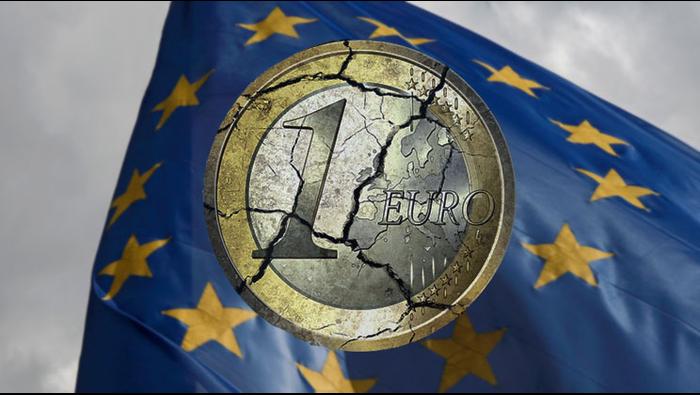

Notify me about
H
HighM
MediumL
Low 1h
1h
Note: Low and High figures are for the trading day.
Data provided by 1h
1h
Note: Low and High figures are for the trading day.
Data provided by 1h
1h
Note: Low and High figures are for the trading day.
Data provided by 1h
1h
Note: Low and High figures are for the trading day.
Data provided by 1h
1h
Note: Low and High figures are for the trading day.
Data provided by 1h
1h
Note: Low and High figures are for the trading day.
Data provided by









From December 19th, 2022, this website is no longer intended for residents of the United States.
Content on this site is not a solicitation to trade or open an account with any US-based brokerage or trading firm
By selecting the box below, you are confirming that you are not a resident of the United States.